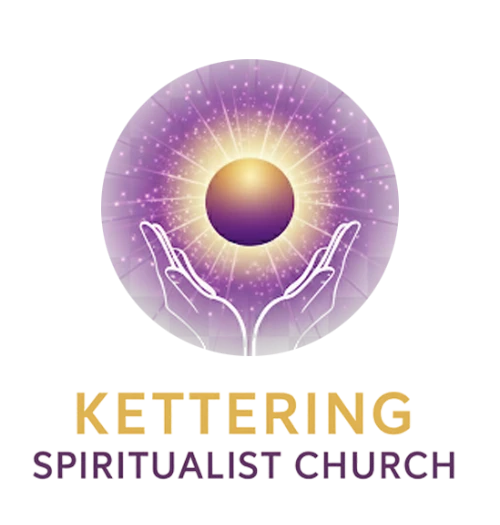The Fox sisters' tours and the shared belief in spirit communication quickly established mediums in almost every town, and spiritualism grew into a widespread religious movement.
Spiritualism's core tenet was the ability to communicate with spirits of the dead, initially through knocking, table-tipping, and later through mediums and séances.
One of the great pioneers of spiritualism was Emma Hardinge Brittan, who toured the UK, the US, Canada and later Australia and New Zealand lecturing and teaching spiritualism. She brought us the 7 principles of spiritualism, and in 1887 founded the Two Worls magazine which many remember fondly but sadly is no longer with us.
There are many other pioneers, some well-remembered, some less so, including Maurice Barbanell, who was the founding editor of Psychic News as well as being a medium himself, and Sir Arthur Conan Dyle who, as well as his Sherlock Holmes books, wrote The History of Spiritualism in 1926.
Arthur Conan Doyles History of Spiritualism is also available online at https://www.arthur-conan-doyle.com/index.php/The_History_of_Spiritualism
More details about the pioneers of spiritualism is available on the SNU website at https://www.snu.org.uk/pages/category/pioneers-past-and-present
After the First World War spiritualist meetings were held throughout the country. Some of our current churches opened in the early 1920’s and before, but many others evolved from groups meeting in houses, kitchen and cellars until funds could be raised to open their own churches.
Our Kettering church first opened its doors in 1955.
A Brief History of Spiritualism as a Faith
Dates and Events that have influenced Spiritualism.
500 BC - Greek Philosophers
Greek philosophers Aristotle and Plato, influenced by Greek poet Pindar, establish the idea that the Soul is divine and would return after physical death.
1619 AD - French Philosopher
Rene Descartes, a French philosopher, believed that the body was an Organic Machine and would eventually stop and that the Soul was independent of the body, therefore could live on after the organic machine had stopped working. "I think, therefore I am".
1688 AD - Swedish Philosopher
Emanuel Swedenborg was born. He believed that Spirits wrote books through him. He met with the Queen of Sweden, who also believed in his revelations after meeting with him. This also made others in the country believe.
1848 AD - The Fox Family of America
The Fox Family owned a farm in New York, where they claimed bumps and taps were coming from the other side as a form of communication. The 3 daughters of the family developed a code so that they could communicate with the spirits. The sparked many other people who claimed to be able to communicate with spirits.
1853 AD - First Spiritualist Church in UK
David Richmond founded the first Spiritualist Church in the UK.
1870 AD - Message Spreads from America
At this time the subject had been widely written about and communication with Spirits had become fashionable in the high society of England, Europe and of course America.
1882 AD - The Society for Psychical Research Founded
The Society for Psychical Research was founded, a group who set out to prove Scientifically, the claims one way or the other.
1898 AD - The Roman Catholic Churches Condemnation
In 1898 the Roman Catholic Church issued a Condemnation of the Spiritualist movement and all theories and ideas relating to it. Unfortunately for the Catholic Church, this helped the Spiritualist movement, by having Holy recognition that it existed, because you can not condemn something which is not real. Therefore proving it was no longer as important.
1951 AD - Passing of the Fraudulent Mediums Act
Allowed people to practice their religion, without risk of the Witch Craft Acts.
2008 AD - Repeal of the Fraudulent Mediums Act 1951
Now covered by the Unfair Commercial Practices Directives under The Department of Trade and Industry and the Office of Fair Trading.
